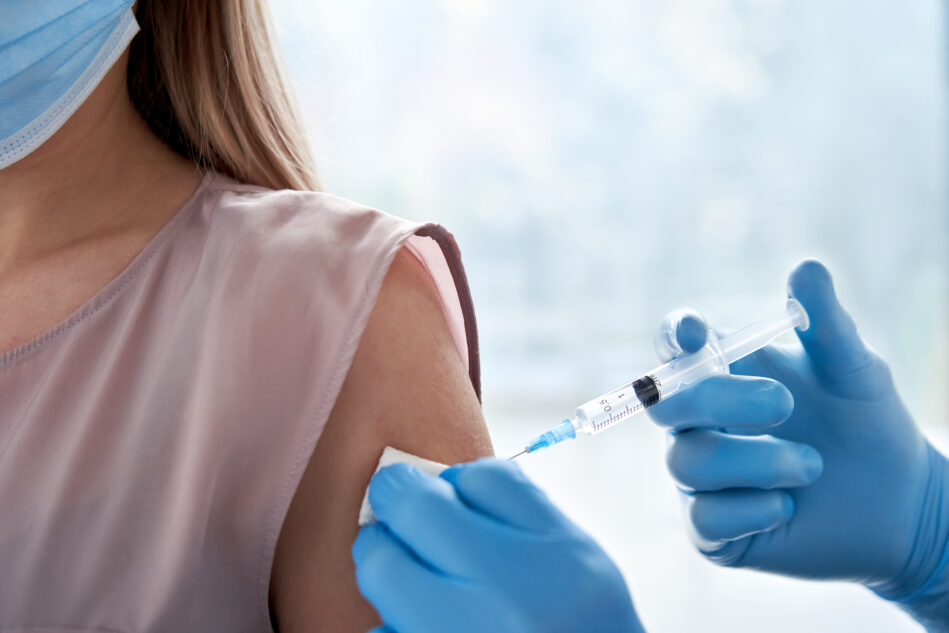Happy Monday. We’re hoping that your week is off to a good start. We’re pleased to have good news to report this week. First, Phase I and II trials of a COVID-19 vaccine show promising results. Also, patients who are mildly obese and taking hypertension medications may benefit from bariatric surgery.
COVID-19 Vaccine Presents Minimum Adverse Events
An analysis of two randomized clinical trials of a COVID-19 vaccine in China showed promising results, a report in JAMA shows. In the phase I trial, 96 healthy adults were either given aluminum hydroxide or a low, medium, and high doses of a COVID-19 vaccine. In the phase II trial, 224 adults received a medium dose of the vaccine on either day 0 and 14 or day 0 and 28. Both control groups took to aluminum hydroxide.
The most significant adverse events occurred in up to 25% of patients by day seven of the phase I trial. These events were mainly a mild fever and pain of the injection site. Overall, the researchers concluded that the groups experienced low adverse events. More importantly, the vaccine groups did experience immunity. Before making any conclusions, phase III trials must happen to ensure the vaccine is genuinely safe and effective.
Bariatric Surgery May Reduce Medication Needs for Patients with Hypertension
For patients who are obese and also have hypertension, bariatric surgery may both reduce their weight and decrease the amount of medication they need to take. A new study published in the Annals of Internal Medicine looked at 100 moderately obese individuals with hypertension who were all taking at least two medications.
The participants — who are from Sao Paulo Brazil — either received weight-loss counseling with the surgery or weight loss counseling without surgery. Both groups received treatment for hypertension. After their respective treatments, the patient’s blood pressure medication use, blood pressure levels, and other laboratory markers were monitored for three years.
On average, the surgery group reduced the number of medications they were on to just one. Also, 35% of the surgery group were medication-free with controlled blood pressure. Currently, bariatric surgery in patients who are mildly obese isn’t recommended, but this trial’s outcome could set a new standard. That said, this was a single-center nonblind trial, so not the gold standard of research. More research is needed before surgery for a new population becomes the norm.






